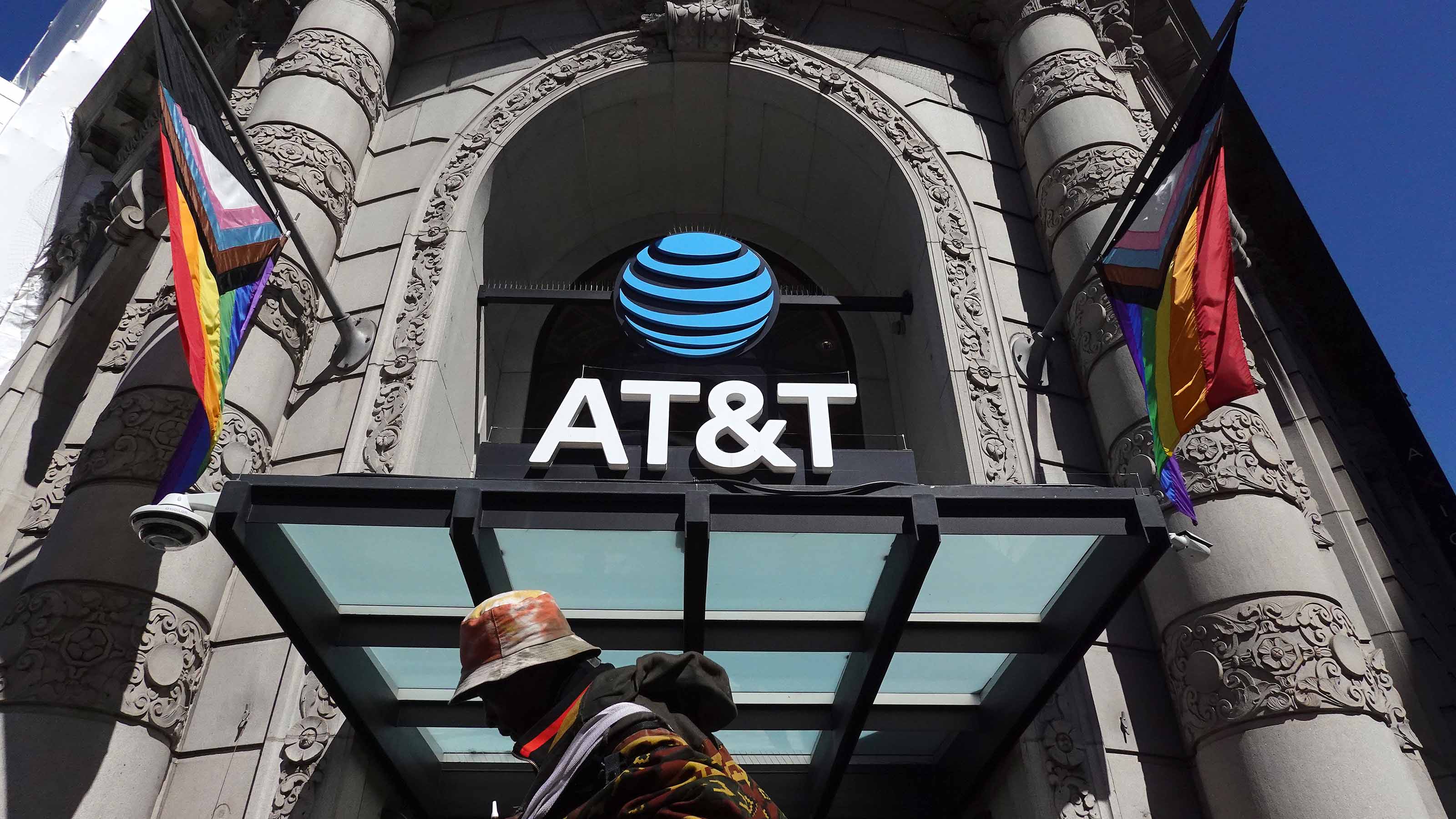
Shares of AT&T (T) and Verizon Communications (VZ) sport two of the highest dividend yields in the S&P 500, and that's making some equity income investors increasingly nervous.
The reason being that the dividend yields on these telecommunications stocks are unusually elevated because their share prices are in the dumps.
Recall that stock prices and dividend yields move in opposite directions. It's possible that a too-good-to-be-true dividend yield is simply a side effect of a stock having lost a lot of value. And anytime a company's stock is slumping badly, it's worth wondering if its dividend is sustainable at current levels.
AT&T and Verizon, the latter being one of the Dow Jones stocks, are historically dividend stalwarts. But with their share prices under duress, worries about dividend cuts are to be expected.
Both companies are contending with concerns about increased competition in wireless and slower industry growth, but the issue most punishing their shares these days are concerns over costs related to lead contamination cleanup.
An investigation by The Wall Street Journal published in July found that "AT&T, Verizon and other telecom giants have left behind a sprawling network of cables covered in toxic lead that stretches across the U.S."
Costs associated with any cleanup could have ramifications for AT&T and VZ's free cash flow (FCF), or the cash remaining after expenses, capital expenditures and financial commitments have been met. Dividends are ultimately supported by free cash flow.
AT&T, VZ dividends look safe
AT&T stock has lost about a fifth of its value for the year-to-date, pushing up the yield on its dividend to 7.8%. As for VZ, shares are off about 12% for the year-to-date, also lifting its dividend yield to around 7.8%.
In what should come as a relief to investors, analysts say the selloffs on lead contamination fears are overdone. Perhaps more importantly, the dividends look safe.
Citi analyst Michael Rollins this week raised his recommendations on both AT&T and Verizon to Buy from Neutral (the equivalent of Hold). He also maintained his "High Risk" rating on both stocks. Rollins argues that T and VZ could become turnaround stories if the costs associated with lead cleanup are lower than expected.
"Market capitalizations for the telcos with possible [lead contamination] exposure are down $21 billion vs an estimated $15 billion cost of remediation based on latest disclosures and our estimates," Rollins wrote in a note to clients.
Rollins' calculations suggest the costs of cleanup have been more than adequately discounted in the sectors' valuation. AT&T and VZ could also get a boost if the competitive environment stabilizes, the analyst adds.
At AT&T, shareholders can take additional comfort in the fact that the company has been chipping away at its heavy debt load and freeing up cash. AT&T generated positive free cash flow of $103.4 billion in 2022. That compares favorably against negative free cash flow of $67.7 billion the previous year.
Over at Verizon, the company generated free cash flow of $11.5 billion for the 12 months ended June 30, 2023. That was after disbursing $10.9 billion in dividends.
Buy, sell or hold?
For the record, analysts as a group aren't quite as bullish as Citi's Rollins.
Of the 29 analysts covering AT&T tracked by S&P Global Market Intelligence, 10 call it a Strong Buy, two have it at Buy, 15 say it's a Hold and two rate it at Strong Sell. That works out to a consensus recommendation of Buy, with tepid conviction.
As for VZ stock's prospects for beating the market over the next 12 to 18 months, Wall Street is split. Analysts' consensus recommendation stands at Hold.







